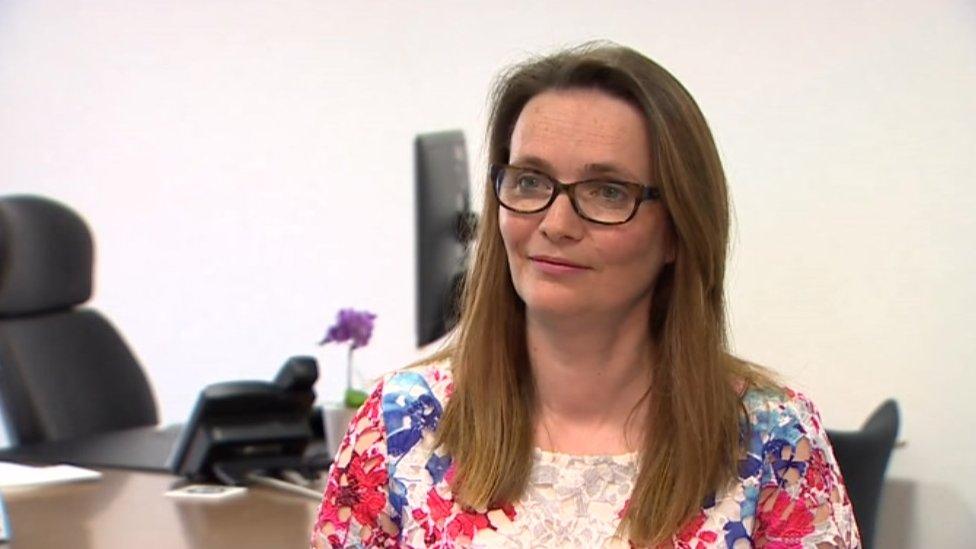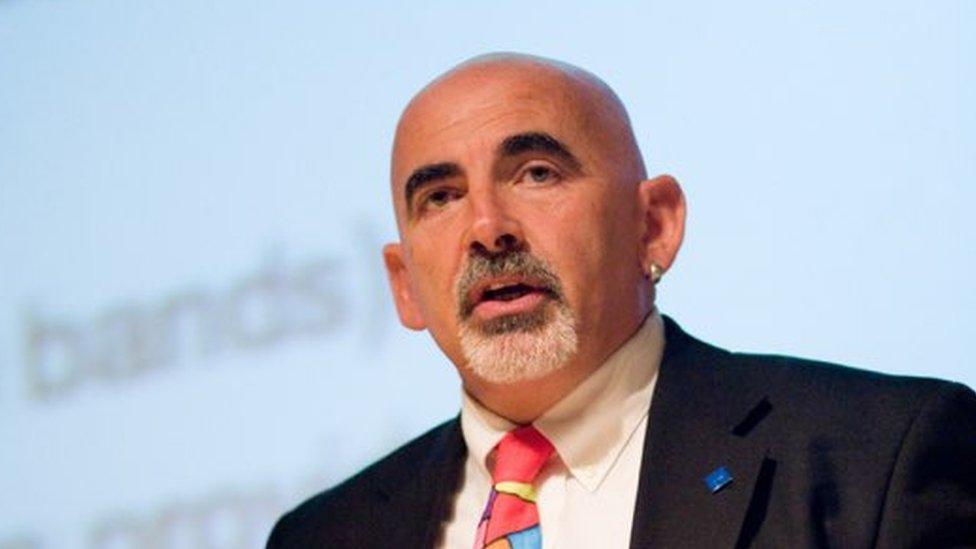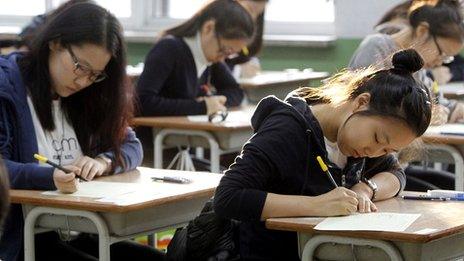Pisa results: A difficult day for Welsh Government?
- Published

On 6 December, the fourth set of Welsh Pisa results will be published. They will provide a snapshot of how 15-year-olds are doing in reading, maths and science compared with their contemporaries internationally.
Tomos Livingstone from BBC Wales's Political Unit asks why the results cast such a shadow over the Welsh Government?

Like the tower of the same name, it sometimes seems as if the negative data is piling up to such an extent that it's threatening to topple over and crush those beneath.
The problem is, of course, that it isn't the small-ish sample of Welsh pupils who take the test that are really being examined - it's the political class that delivered devolution back in 1997.
Nearly 20 years on, voters are entitled to ask whether the promised improvements in public services have been delivered. And every negative story on the NHS or education makes it harder to answer that question.
The Welsh Government think they've turned a corner on the NHS, having survived (just about) the barrage of political attacks in 2014-15 from David Cameron's Conservatives painting a picture of sub-standard service.
The extra money now provided in each year's budget is making a difference, say ministers - and it was never as bad as political opponents tried to suggest.
Is the same true of education? As with the NHS, the vulnerability for the Welsh Government is the charge that things are worse than in other parts of the UK.
The Pisa results allow for such direct comparisons, and the picture so far hasn't been good. In each of the three previous sets of Pisa results, Wales has come out worse than the other UK nations.
It's the sort of form that gets football managers sacked. So how will the Welsh Government react on Tuesday if, as everyone seems to expect, Wales is still at the bottom of the table?

Kirsty Williams said in 2013 the results made her "really sad and angry".
She was in opposition then, but today she's the education minister, the sole Liberal Democrat in a Labour administration.
Not one to pass the buck, she will focus on giving reforms time to bed in, and having realistic expectations, rather than blaming everything on her predecessors.
But it's a nervy moment for those who've backed devolution from the start.
The rows over the Wales Bill - which powers should sit in Cardiff and which in London - and the willingness of Welsh Conservative leader, Andrew RT Davies, to suggest post-Brexit farming subsidies should be dealt with on a UK, rather than Welsh, level, suggest anti-Assembly sentiment hasn't ever gone away.
That's the context for what's likely to be a difficult day for the Welsh Government.
- Published5 December 2016

- Published5 December 2016

- Published4 December 2016

- Published3 December 2013

- Published7 December 2010